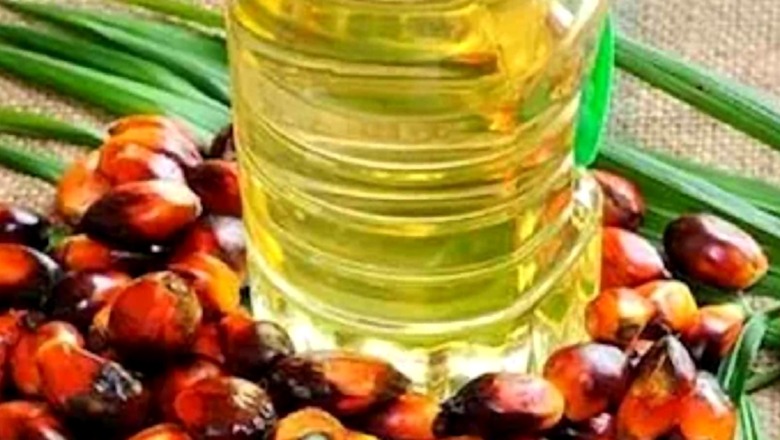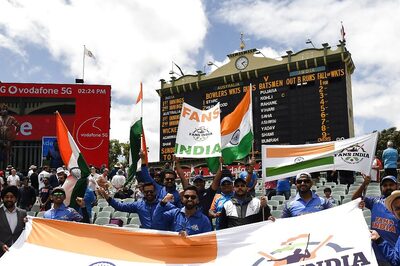
views
In order to give a fillip to its exports and ease high inventories, Indonesia has temporarily exempted all palm oil products from the export levy. The exemption will remain in effect until August 31, according to a report. The move comes after the Southeast Asian nation lifted ban on exports of the oil.
The country is the biggest palm oil producer in the world and the latest decision could further reduce prices, which have fallen by about 50 per cent since late April to their lowest in over a year, according to the Reuters report.
India is the largest importer of palm oil in the world and is dependent on Indonesia and Malaysia for its demand. India imports over 13.5 million tonnes of edible oil every year, out of which, 8-8.5 million tonnes (around 63 per cent) is palm oil. Now, nearly 45 per cent comes from Indonesia and the remaining from neighbouring Malaysia. India imports roughly 4 million tonnes of palm oil from Indonesia each year.
In April, Indonesia had banned palm oil exports in the wake of a severe shortage and skyrocketing prices of edible oil in the Southeast Asian nation. The world cooking oil supply was in a huge supply deficit due to the Russia-Ukraine war, driving prices of palm and soy oils to record highs. The country, however, lifted the ban within a month. The ban led to piling of inventory in the country.
The report said Indonesia had 7.23 million tonnes of crude palm oil in storage tanks at the end of May, according to the Indonesian Palm Oil Association (GAPKI). “Our problem now is the inventory is too high.”
Since lifting the ban, Jakarta has implemented the domestic market obligation (DMO), which are rules on mandatory local sales, to keep produce at home to be made into cooking oil.
On the sideline of a G20 finance meeting in Bali, Febrio Kacaribu, head of Indonesia’s fiscal policy agency, said the levy removal is aimed at supporting exports. “In the context of government revenues, (the impact) won’t be too big.”
Finance Minister Sri Mulyani Indrawati said a progressive levy on palm oil exports will be applied from September 1, with the rate set between $55 and $240 per tonne for crude palm oil, depending on prices, according to the Reuters report.
The ban on palm oil exports by Indonesia in April was a short-term measure to bring immediate relief from the high prices and supply issues in Indonesia, and a complete ban on the export of palm oil could be difficult to sustain as the country’s domestic consumption is around 17 million tonnes, less than 40 per cent of its annual production of close to 45 million tonnes.
Read all the Latest News, Breaking News, watch Top Videos and Live TV here.
















Comments
0 comment